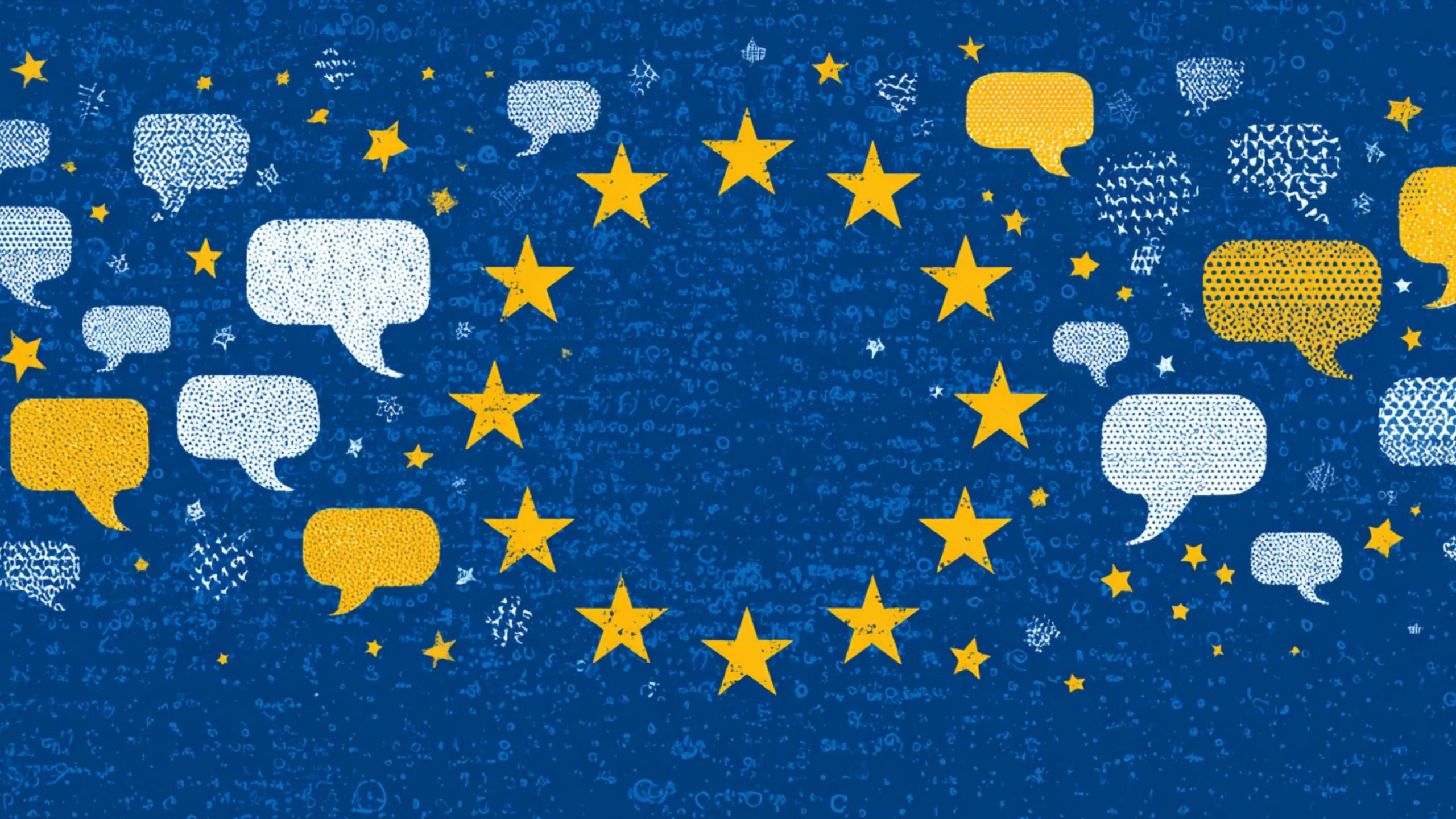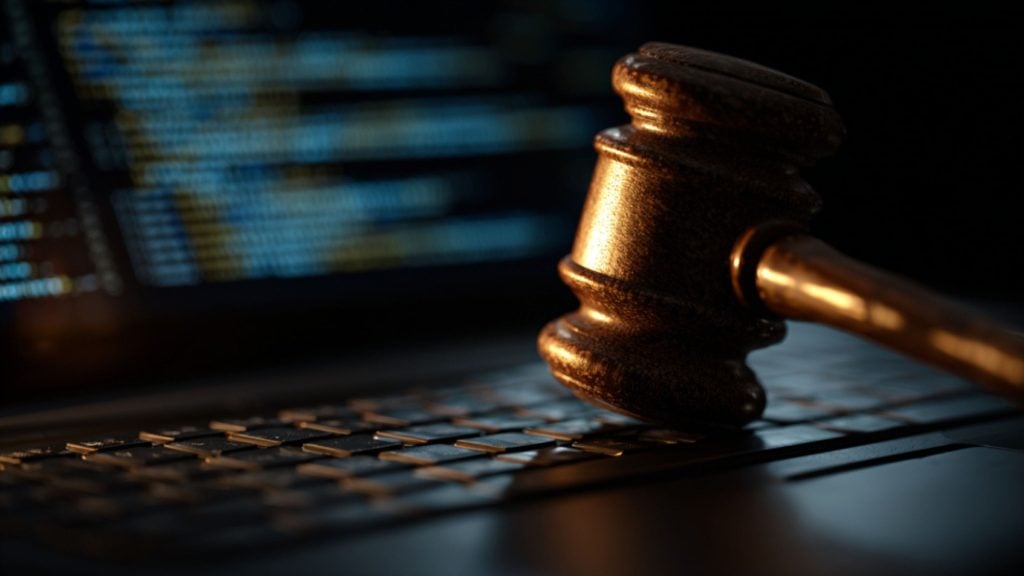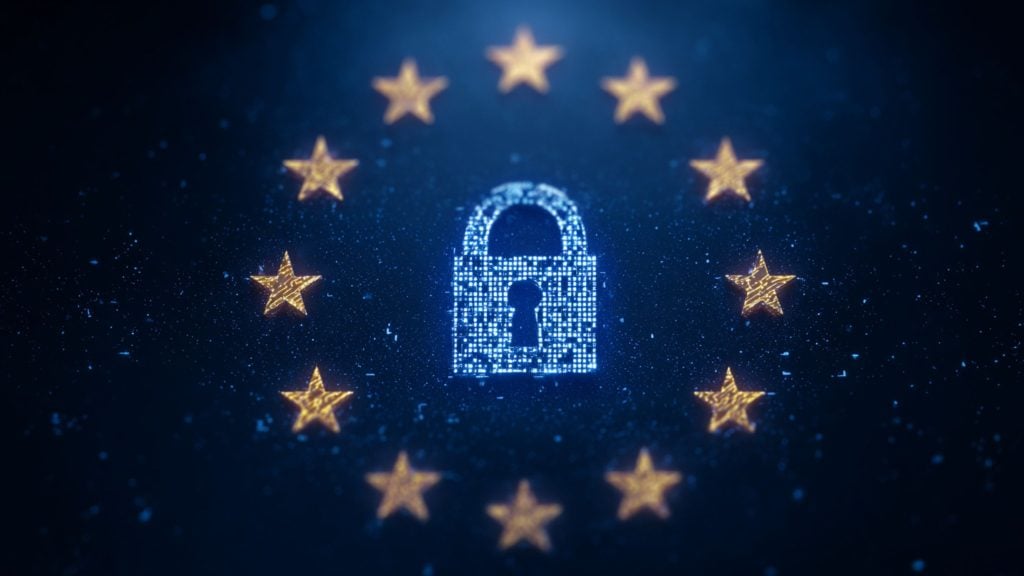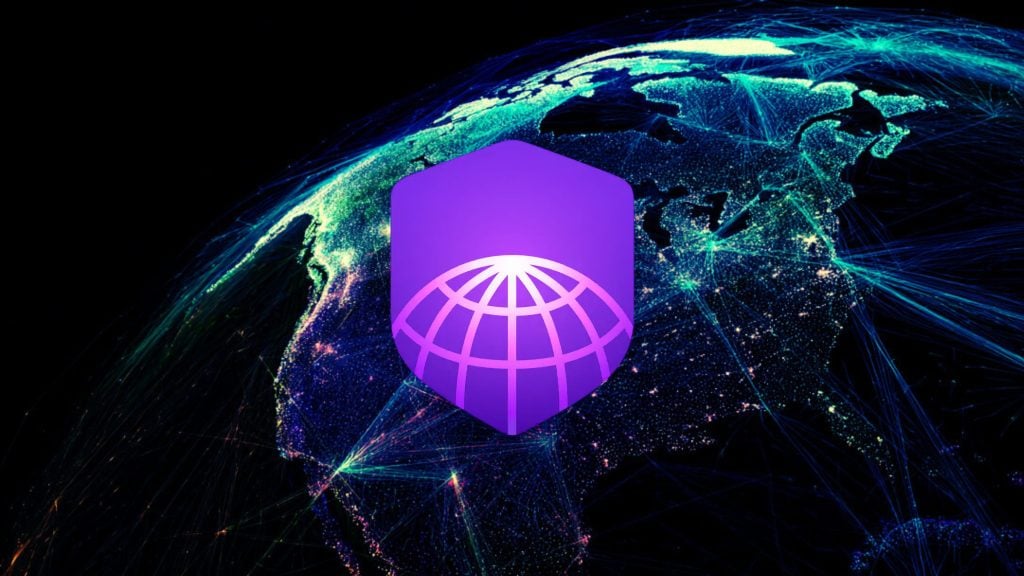On July 1, 2025, the European Union’s Code of Conduct on Disinformation became something else entirely. What was once pitched as a voluntary effort by tech companies to clean up their platforms is now an official requirement under the EU censorship law, the Digital Services Act (DSA).
The biggest online platforms and search engines will need to meet strict transparency standards, undergo audits, and show that they can keep what Brussels calls “disinformation” in check. The message is clear enough: fall short during an audit, and expect to hear from the regulators.
Brussels couldn’t have picked a more delicate moment for this move. Trade negotiations with the United States are on a tight deadline, and the mood between the two is already tense.
This type of regulatory hardball has not gone unnoticed in Washington. American officials remember what happened when Canada tried something similar with its digital services tax.
President Donald Trump labeled the move as “obviously copying the European Union.”
Meta’s Joel Kaplan took to his podium to thank Trump for “standing up for American tech companies in the face of unprecedented attacks from other governments.” The result was that trade talks between the US and Canada hit a wall until Ottawa quietly shelved its tax plans.
Now the EU seems determined to test how far it can push its digital agenda without suffering the same fate. US politicians, mostly Republicans, have wasted no time calling out censorship disguised as risk management.
European officials are doing their best to dodge the charge.
The EU’s line is that the rules target systemic risks in algorithms and advertising rather than individual content.
Under the new system, platforms labeled as Very Large Online Platforms (VLOPs) will face yearly audits.
These audits are supposed to assess how well companies manage the risks linked to disinformation.
The Commission made sure to clarify that while signing the Code is technically voluntary, meeting the Code’s standards is expected. A spokesperson explained, “Compliance with the Code is voluntary. Compliance with the DSA is not.”
The EU now faces the task of trying to sell its censorship system. With trade talks at risk and growing skepticism from the other side of the Atlantic, it remains to be seen whether Brussels can apply its censorship demands without swift backlash.












